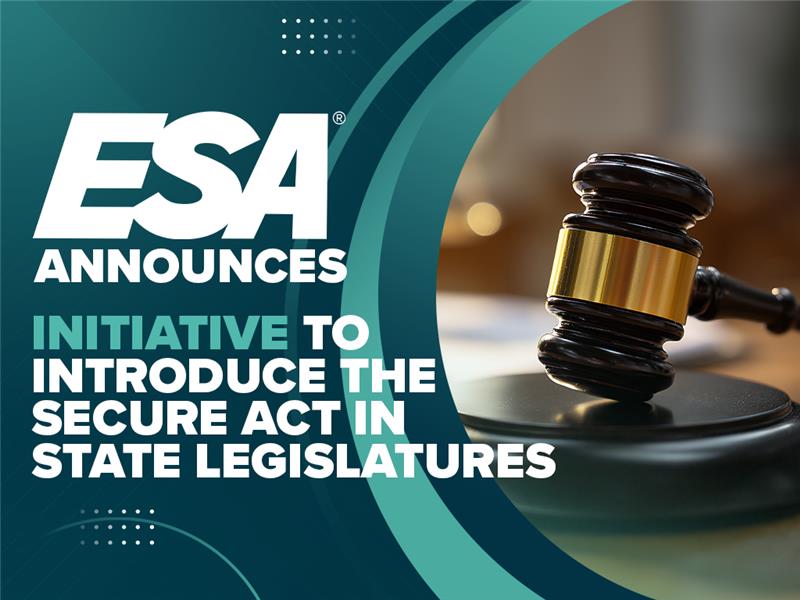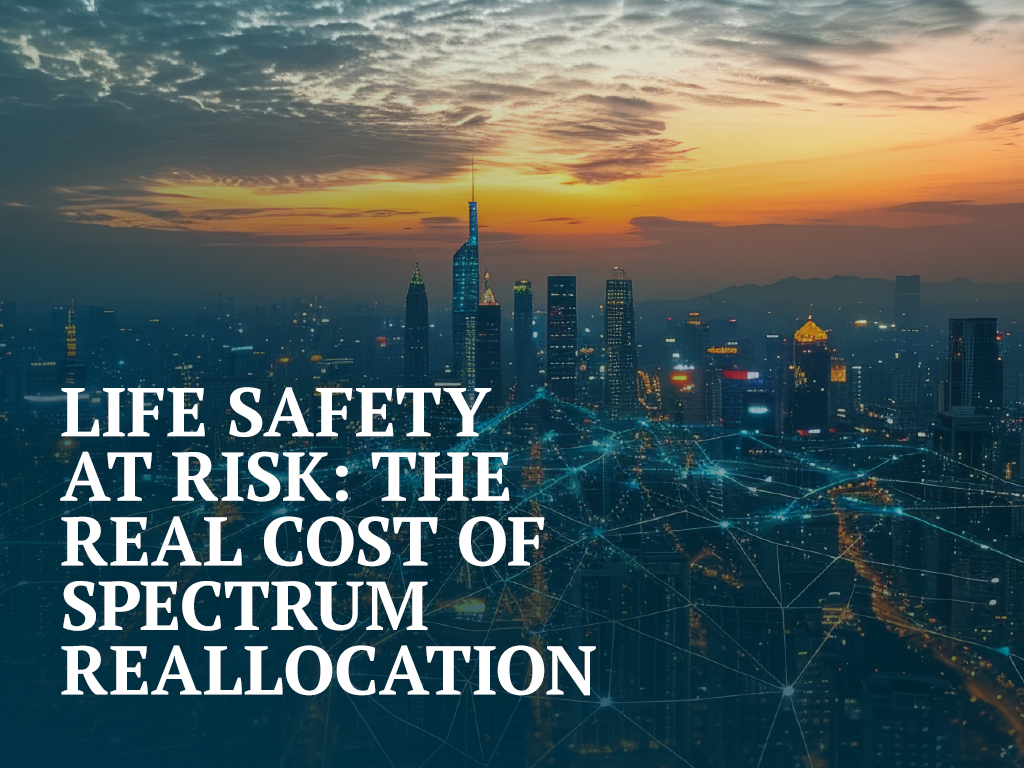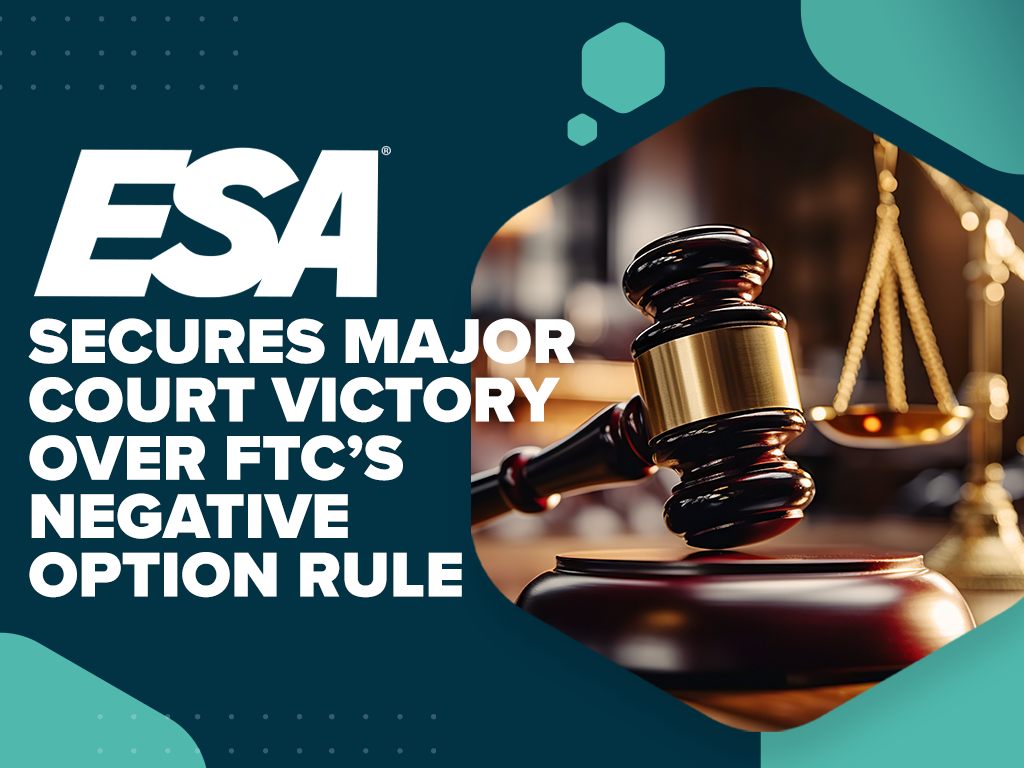Dangerous Legislation Hits States Early in the Year

Before the month of January ended, we encountered several bills in state legislatures that remind us of the need for diligence and advocacy. One bill in New Jersey, signed by the Governor on January 31st, will have a significantly negative impact on all contractors (including alarm contractors) who engage in public works contracts. Before the month of January ended, we encountered several bills in state legislatures that remind us of the need for diligence and advocacy. One bill in New Jersey, signed by the Governor on January 31st, will have a significantly negative impact on all contractors (including alarm contractors) who engage in public works contracts.
This new law will require contractors to have all employees actively participating in or have completed a registered apprenticeship program, as defined by the US Department of Labor to contract with any governmental entity that funds a public work project. This Act becomes effective after April 30, 2019. For many contractors with employees that are not typically trained through registered apprenticeship programs, this legislation could be devasting to their future business opportunities and threaten current contracts with local governments or the state.
AB 3666 was amended right before December holidays and despite efforts by The New Jersey Electronic Security Association (NJESA) to persuade the Governor of the damaging consequences this bill will have on all industries with employees who could not possibly meet the requirements of this Act, the Governor signed the bill into law. NJESA is currently exploring its options and we will work closely with them on possible solutions.
We are in communication through members in that state to provide legislators of the numerous unintended consequences a bill like this would have on jobs, businesses and the economy in North Dakota.
Another bill that moves against the occupational licensing trends we see coming out of other states is North Dakota SB 2359. This bill would create a “power limited technician” license for any low-voltage industry, including electronic security and life safety. This license would be controlled by the North Dakota State Electrical Board and it would require any employee who works on “power limited” systems to undergo a three-year (6,000 hours) apprenticeship program.
We are in communication through members in that state to provide legislators of the numerous unintended consequences a bill like this would have on jobs, businesses and the economy in North Dakota. Stay tuned as we continue to educate Senators who are deliberating the merits and consequences of the legislation.
On the other end of the spectrum, a bill in West Virginia would essentially allow anyone to operate any business without an occupational license as long as they “disclose” they are operating without a license otherwise required by the state. HB 2697 is referred to as “The Occupational Licensing Consumer Choice Act” and it is ostensibly written to eliminate barriers to employment in professions or trades, promote interstate mobility and reduce the liability of licensing boards under federal antitrust laws.
What this legislation does not account for is the exposure of consumers to those who would inevitably find loopholes to disclosure requirements or those who prey upon consumers who do not read the fine print. Occupational licensing came about in most professions and trades to eliminate consumer harm that resulted from unscrupulous and unprofessional businesses. Reversing that progress with legislation that opens the door for unlicensed activity if certain “disclosures” are made belies the fact that unscrupulous businesses will find a way around these requirements.
We expect that we will see other states file similar legislation legislation and it will be important in every state where similar legislation is filed to educate legislators on the broad potential for abuse and consumer harm that could result.
When bills such as those described here come to your state, take the time to respond to grass roots efforts we launch to combat the legislation. While industry groups certainly can have an impact on legislators, nothing beats voters when it comes to making a difference. ESA has tools that will make it very easy to respond to advocacy campaigns. Just a couple minutes of your time could make the difference when it counts.




